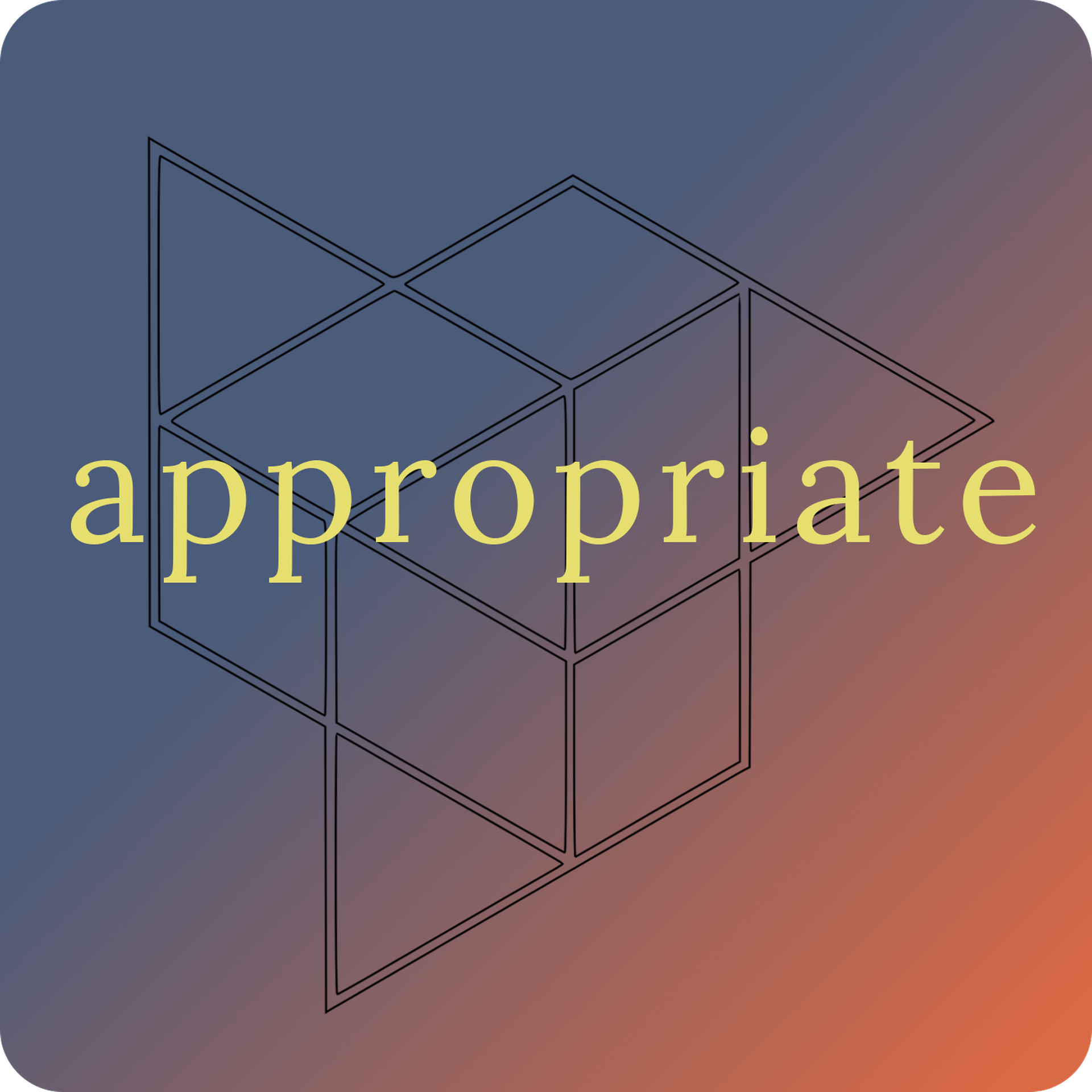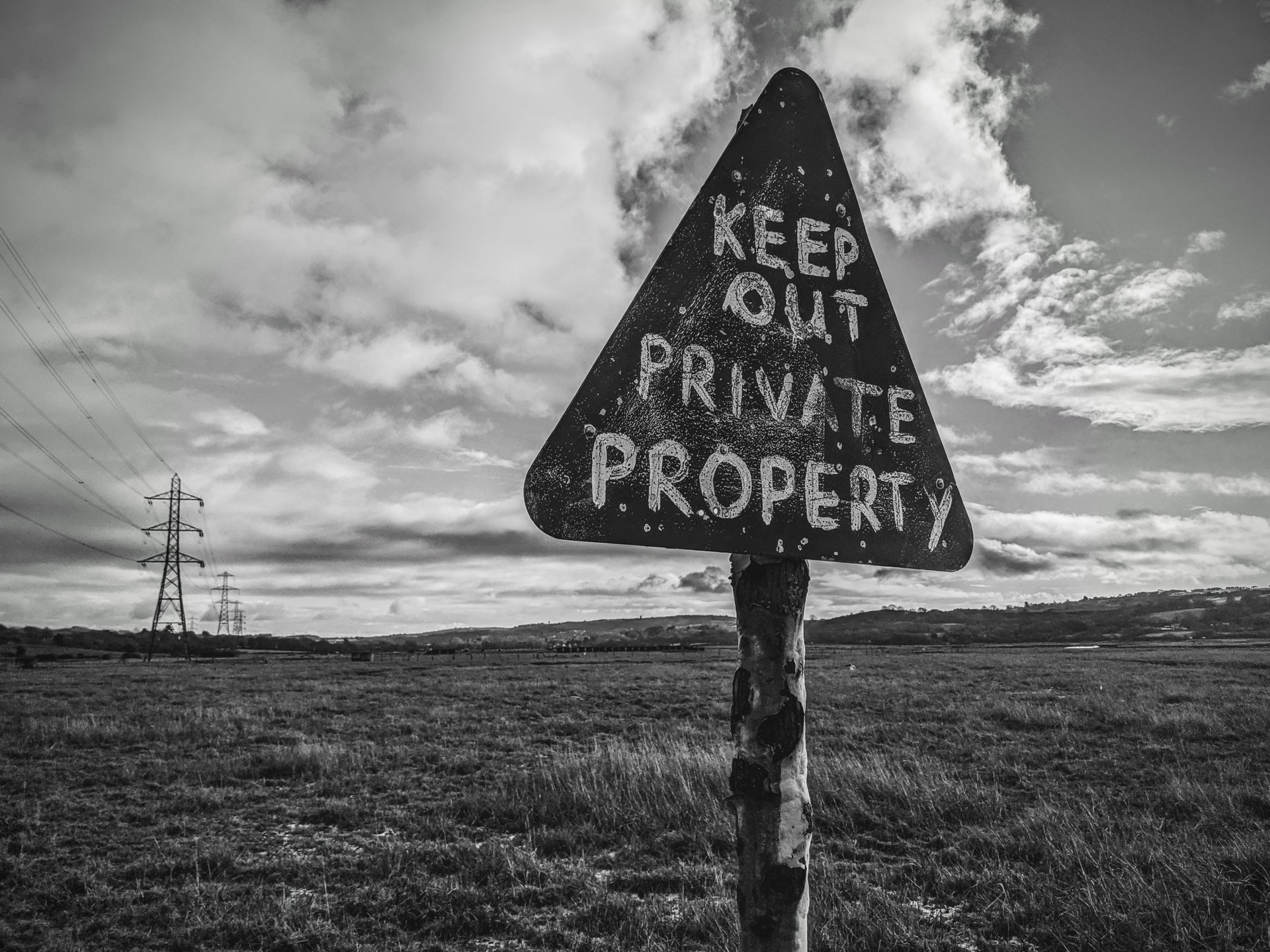Podcast
Appropriate – der Podcast
APPROPRIATE explores different dimensions of ownership, its political dynamics and social impact, and ventures into thinking about alternatives to ownership. APPROPRIATE brings together researchers from different disciplines, activists and policy makers to discuss their perspectives on a wide range of topics, including the sharing economy, urban commons, housing, natural resources, reproductive medicine and bioeconomy. APPROPRIATE is the podcast of the Collaborative Research Centre "Structural Change of Property" of the Universities of Jena and Erfurt (SFB TRR 294).
Music: CC BY-SA, Song Paper Tiger's Grip by Mid-Air Machine
For questions or contributions to the podcast, please write to appropriate_podcast@protonmail.com!

Trailer

The trailer gives a small insight into the intention of the podcast and its topics.
Trailer of the podcastSharing Economies: Teilen als Alternative zu was?
Teilen als Alternative klingt erstmal vielversprechend. Unternehmen der sogenannten Sharing Economy wie „AirBnB“ und „Couchsurfing“ im Bereich „Homesharing“ sowie „TeilAuto“ oder „Miles“ im Bereich Carsharing knüpfen an diese Versprechung an – und scheinen auf den ersten Blick Lösungsansätze für gesellschaftliche Problemlagen wie den motorisierten Individualverkehr oder zunehmende Vereinzelung anzubieten: Wer sich ein Auto teilt, braucht kein eigenes mehr zu besitzen und verzichtet damit auch auf Privateigentum. Wer in der zunehmend individualisierten Gesellschaft vereinzelt, kann über die Plattform AirBnB authentisch mit anderen zusammenwohnen – wie in einer Wohngemeinschaft oder Kleinfamilie. Dass damit aber auch neue Ausschlüsse und Problemlagen produziert werden können und dass in einer kapitalistischen Gesellschaft zunächst Privateigentum vorhanden sein muss, um dieses anschließend teilen zu können, gerät dabei in den Hintergrund. Christoph Henning und Henrike Katzer arbeiten im Teilprojekt "Dinge verfügbar machen. Eigentum als spezifische Form der Weltbeziehung" des Sonderforschungsbereiches und forschen zu genau diesen Ambivalenzen der Sharing Economy an den Beispielen Car- und Home-Sharing. Im Gespräch mit Charlotte Domberg berichten sie über ihre Forschungsergebnisse.
Guests: Henrike Katzer, Christoph Henning
Listen to on:
Blood Oil Commodities

The interview with Petra Gümplová addresses the problem of clean trade with natural resources. It discusses available concepts of conflict commodities and points to available policies trying to regulate trade with minerals from conflict zones. It presents how political theorists concerned with global justice discuss natural resources and conflicts and what conceptions of clean trade there are and what ideas about global justice underlie them. The question of property to valuable goods like minerals, oil, gas etc. is raised. Also, the question about what kinds of responsibilites there are in matters of trade with conflict commodities.
Guest: Petra Gümplová
Listen to on:Property, Commons and the Common
Part III of “Future of Social Rights” series
In the last episode of our mini-series about the future of social rights, Massimo de Angelis speaks about the meaning of ownership for the commons. He connects the notion of property, commons and the common with special regard to needs for social change. Massimo de Angelis was professor for political economy at the University of East London until 2020. He is editor of the webjournal “The Commoner”.
Guest: Massimo De Angelis
Listen to on: